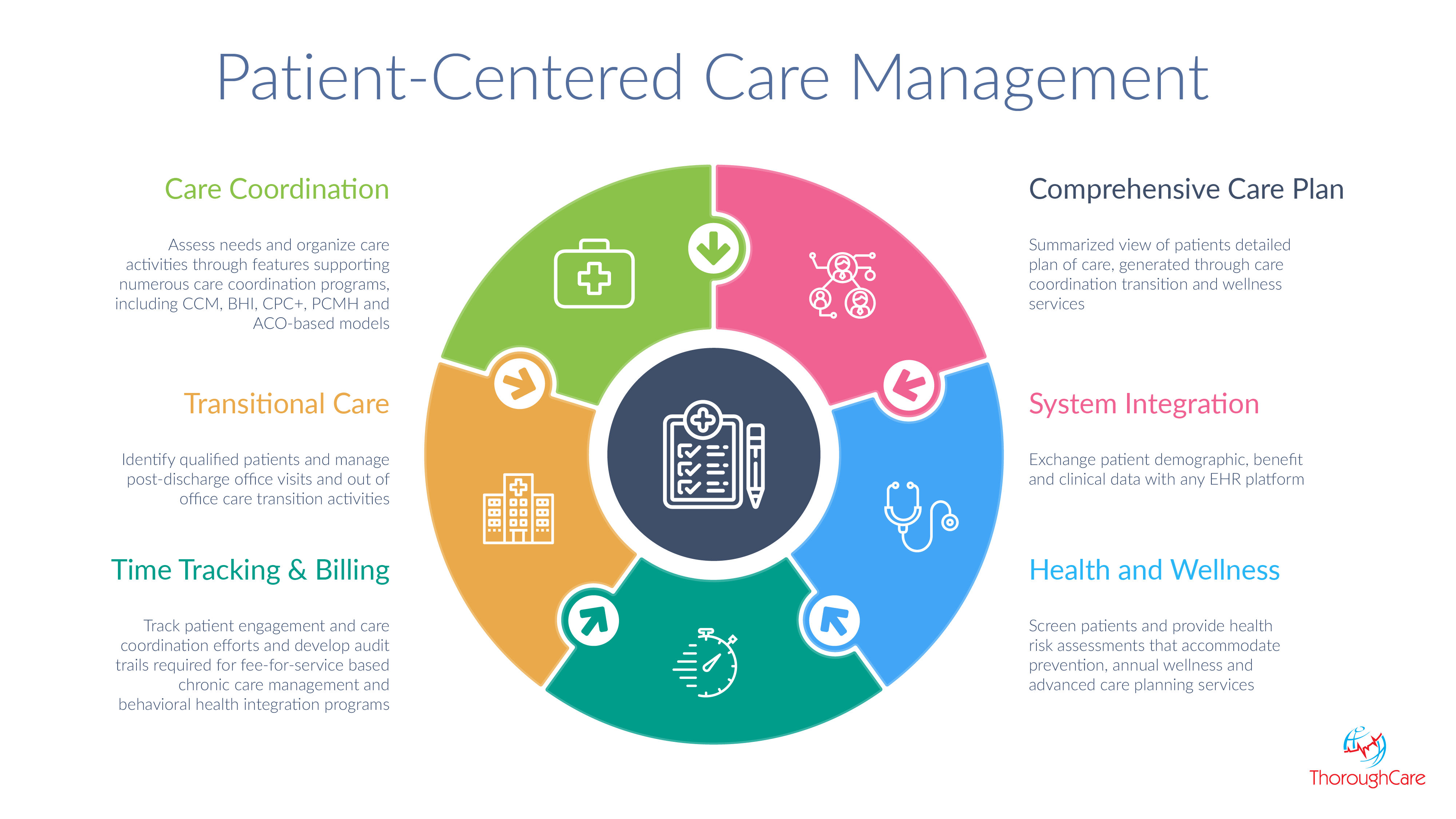Discover the advantages of gradually reducing medication dosage, commonly known as tapering, to minimize withdrawal symptoms and achieve better therapeutic outcomes. This article will delve into the significance of tapering medications safely, offering essential guidelines for tapering various substances, including prescription drugs, illegal substances, alcohol, and nicotine. Read more to explore the importance of supervised tapering processes and how they can benefit overall health and well-being.

Mastering the Art of Safe Tapering
Personalized Tapering Plans with Healthcare Professionals
Embarking on a safe tapering journey starts with collaborating with healthcare experts. Tailored tapering plans account for individual needs, ensuring a smooth transition. This personalized approach safeguards against adverse effects and optimizes the tapering process efficiently. Expert guidance enhances the safety and effectiveness of the tapering journey, promoting overall well-being and success.
Gradual Reduction for Sustainable Progress
Slow and steady wins the tapering race. Following prescribed guidelines, gradually decreasing medication dosage or frequency aids in minimizing withdrawal symptoms. This method allows the body to adjust gradually, promoting a more comfortable tapering experience. Consistency in the reduction process lays a solid foundation for successful tapering outcomes and improved therapeutic results.
Vigilant Symptom Monitoring for Early Intervention
Awareness is key in safe tapering. Monitoring withdrawal symptoms closely empowers individuals to detect any changes promptly. Open communication with healthcare providers about symptom progression enables timely adjustments to the tapering plan. Early intervention can mitigate potential challenges, ensuring a smoother tapering journey and better overall management of medication tapering.
Building a Support Network for Emotional Resilience
Tapering medications can be emotionally challenging. Engaging support from loved ones, friends, or support groups fosters emotional resilience during the tapering process. Sharing experiences, seeking encouragement, and receiving understanding support can significantly alleviate emotional burdens. A strong support network reinforces motivation, reduces stress, and enhances the overall tapering experience with positivity and encouragement.

Understanding Tapering Medications
Tapering medications involve gradually decreasing the dosage of prescription drugs like opioids, benzodiazepines, and antidepressants. This method requires careful monitoring to prevent withdrawal symptoms and maintain treatment effectiveness. Healthcare professionals play a vital role in overseeing the tapering process, offering guidance and support to individuals transitioning towards lower medication dosages. Their expertise ensures a safe and successful tapering journey for better health outcomes.

Tapering Alcohol
Understanding the Process
Tapering alcohol entails a gradual reduction in alcohol intake over a period. This method helps the body adjust to lesser alcohol levels, decreasing the severity of withdrawal symptoms and potential risks associated with sudden cessation.
Importance of Medical Supervision
Seeking medical supervision during alcohol tapering is crucial. Healthcare professionals can offer personalized support, monitor withdrawal symptoms, and intervene if complications arise, ensuring a safer and more effective tapering process.
Health Benefits and Recovery Support
Tapering alcohol not only aids in physical health by reducing risks of severe withdrawal symptoms but also supports mental well-being. It can diminish alcohol cravings, improve cognitive function, and pave the way for a smoother and sustainable recovery journey.
Seeking Professional Help
If individuals encounter intense withdrawal symptoms or struggle during the tapering process, it’s essential to seek immediate professional help. Healthcare providers can provide tailored interventions, medications if necessary, and emotional support to navigate through challenging phases safely.
